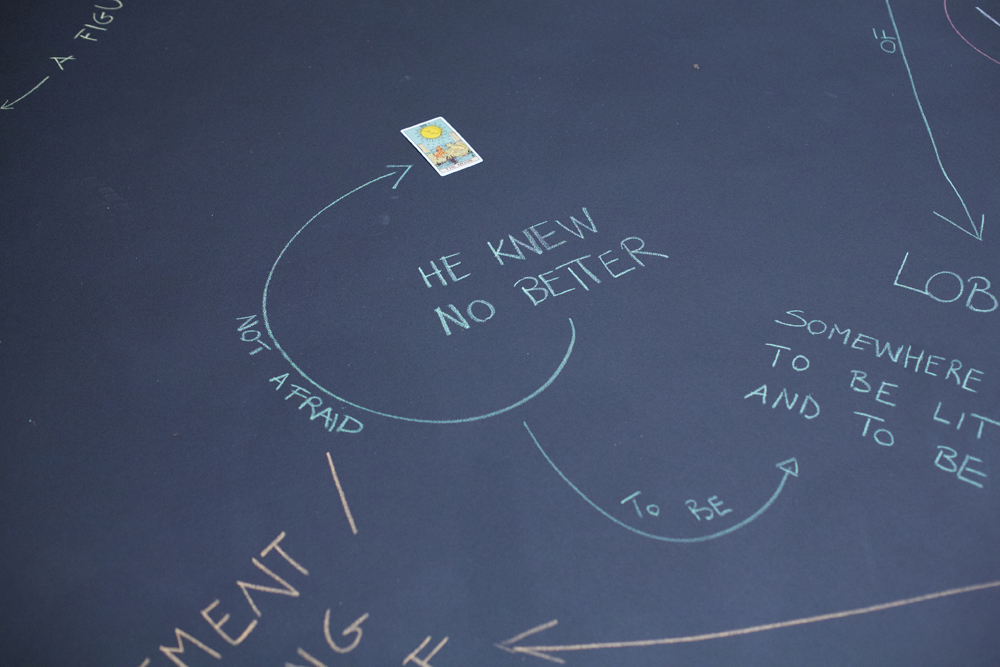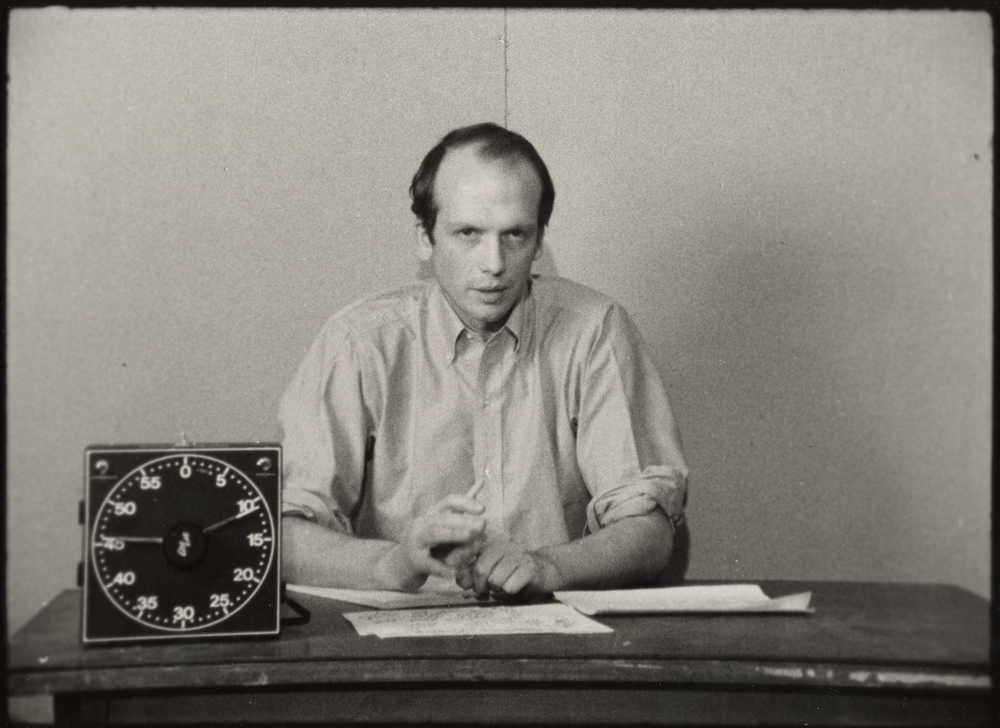
Poetic Justice
Hollis Frampton
A cinema of the mind, a film to take place in the viewers’ imagination(s).
Arika have been creating events since 2001. The Archive is space to share the documentation of our work, over 600 events from the past 20 years. Browse the archive by event, artists and collections, explore using theme pairs, or use the index for a comprehensive overview.

A cinema of the mind, a film to take place in the viewers’ imagination(s).
We’ll be looking at decolonising ‘global mental health’. We’ll look at the concepts of decoloniality, of things being ‘culture bound’, and at hermeneutical injustice* as ways to examine dominator knowledge systems, and the institution of psych/iatry.

Rather than asking the state for services, what kinds of change are made possible when we prioritise people supporting each other?

A performed, open, public conversation about how we might think politics from the position of intuition, in which Denise and Valentina use un-reasonable tools to map out a hybrid poetical/ ethical reading of their own situations.

A multi-media harp and spoken word tribute to the incalculable, the in-deducible, the suspicious static noise that accompanies the voice of truth, and the attempted aberrations in the domain of emergence.

A double bill of Morgan Fisher films that ask what can be achieved by a simple structural method of commenting on scraps of 35mm film, re-shot on 16mm film and what happens to meaning (if anything) when ‘insert shots’ are relieved of their original duty of providing crucial plot development for a variety of other movies?

Cardboard boxes, metal guitar, critical homage, attempts to describe things you can’t describe. A one-man Grand Guignol school play.

Solo performance on bass clarinet, jaw harp & voice by Arrington De Dionyso.

A performance by Storyboard P – one of the greatest Afrofuturist dancers on the planet.

Morgan Fisher is a filmmaker of great wit and charm who uses the tools of experimental film to dissect the basic presuppositions of commercial cinema.

Bleu Shut reveals, and allows us to enjoy, our gullibility within the pervasive absurdity of modern life.

What is happening when systems of repression try to grasp communities’ ways of being, living or surviving, applying laws of sexuality, gender or race to cast them as criminal?